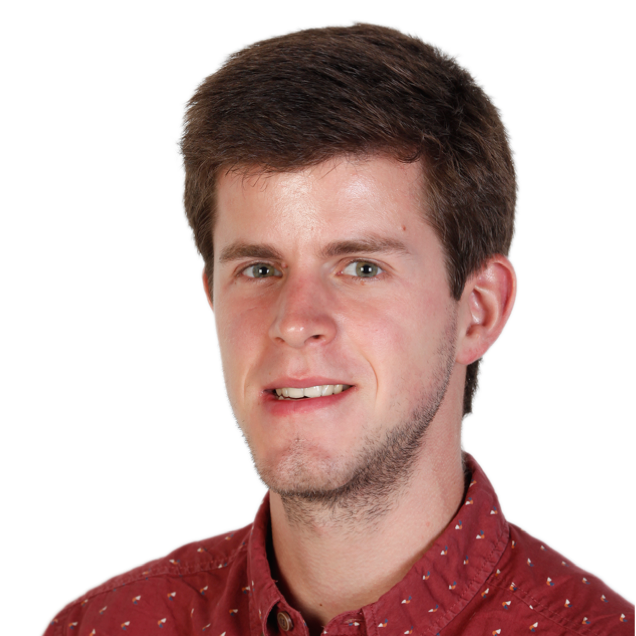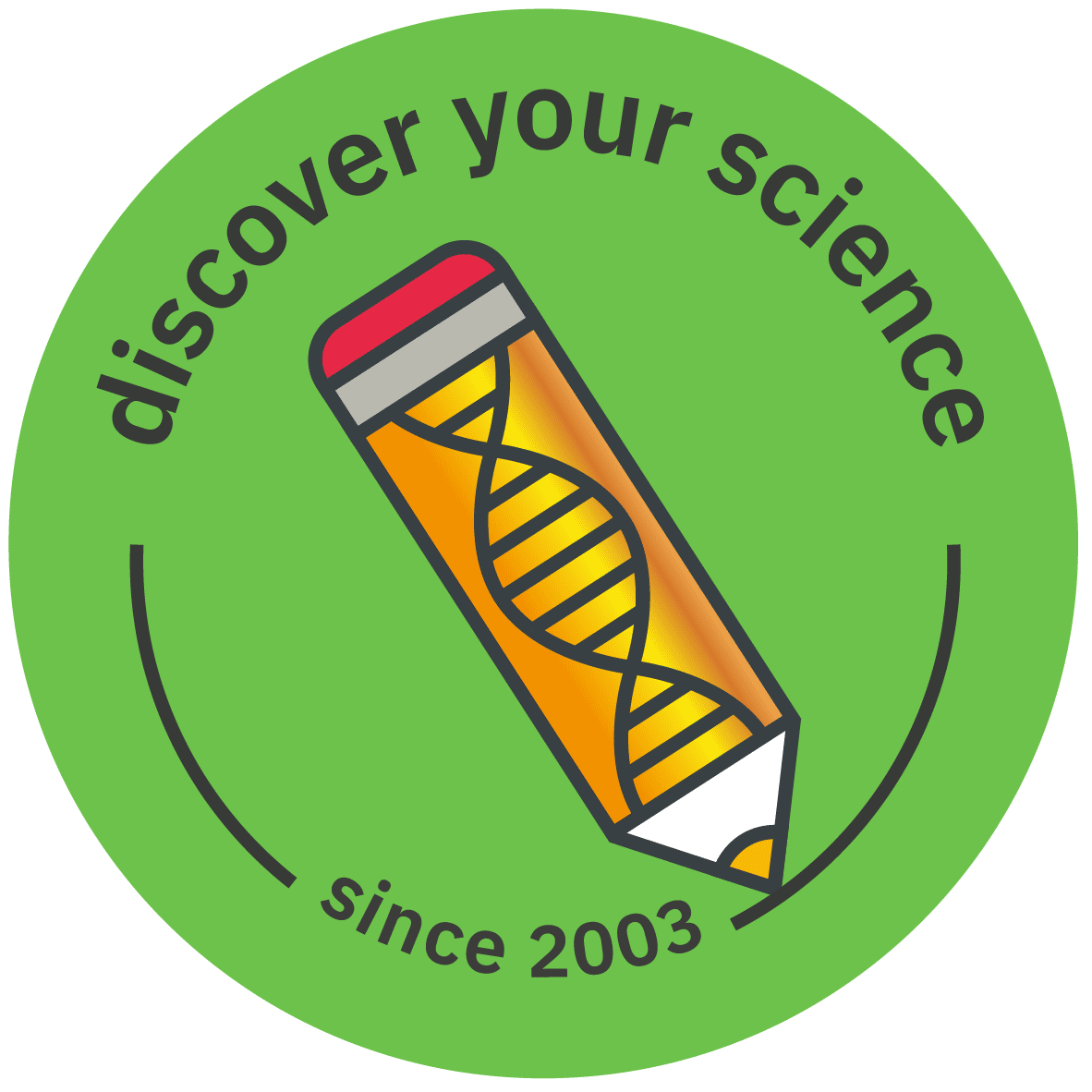EMBL School Ambassador Jakub Macošek
Country: Czech Republic
Profile
Hi! I’m Jakub and I’m currently a second year PhD student in the Hennig group at EMBL, Heidelberg. I come from the Czech Republic and I studied in Brno, a city situated in the center of south Moravia, the wine region of the Czech Republic known for its sunny mild climate and beautiful nature. There I discovered not only my passion for wine, but also for structural biology. I became very interested in how we can study life at the smallest scale possible, the level of individual carbon atoms, the scale which is invisible to a naked eye, far beyond the limit of conventional optical microscopy. And so I started my journey to learn all the tricks of all the somewhat awkward methods we use to study something that is invisible – be it Nuclear Magnetic Resonance spectroscopy with four-meters-tall magnets – 5000x stronger than a fridge magnet – or X-ray crystallography using a particle collider with a circumference of almost one km to study something with dimensions million times smaller than a millimetre. Thanks to EMBL I can study these tiny molecules for a living, satisfying my curiosity and contributing my bit to the numerous ways in which science improves the quality of life. Since science affects us all in some way and there are aspects of science I find fascinating, I appreciate any opportunity to engage with the public. I believe these encounters are essential and very rewarding for both sides and I am glad to see outreach and dialog with the public becoming a key stone of modern science.
Diary
The opportunity to reach out came last spring – a friend of mine who is an event manager at my former institute CEITEC was visiting EMBL for a week. CEITEC is, like EMBL, an ambitious international research institute, but unlike EMBL, CEITEC is still very young, mere 5 years old and only just launched a PhD programme. My friend was particularly impressed by how active PhD students at EMBL are, so she invited me to come back to my alma mater and talk a bit about my experience of doing a PhD at EMBL in order to stimulate the local students. At the same time I remembered my plan to do a high school visit as a school ambassador for ELLS. I figured I could combine the CEITEC and high-school visits to add a bit to the value. The plan was to go to the high-school on the first day and then on the second day give a flash talk at a welcome event for new PhD students.
The high-school specializes in informatics, so we figured I should talk about science as a career perspective with emphasis on the importance of informatics in science, because we felt like this option might not be that well-known to the students. To the PhD students the day after, I was supposed to talk about how being active can make a huge difference during your PhD. As the date was approaching I became a bit nervous. Preparing for the high-school visit made me think of myself when I was their age and as far as I remember, it would have been definitely very tough to get my attention on the topic as a pupil. The flash talk for the PhD students seemed similarly tricky – as sharing your experience there can feel like walking a very fine line between an inspiring, encouraging talk and a show-off.

Luckily, you can only worry about something until it is actually happing and so eventually I found myself standing in front of roughly 50 high-school students on Sep 20, 2016. I decided to mainly introduce science in general to them rather than talking about my research too much. I started with introducing myself and EMBL, then we went on to talk about what science actually is, as it is getting more and more attention even in popular culture. I explained the scientific method, the main concept on which science is built on and illustrated this using a real example from my PhD. Then towards the end I explained how computers run science nowadays, showing a nice little example of a python script that translates DNA into protein sequence. At the end we discussed the reasons why I like doing science. I started with science simply because I am a curious person. I then noted that science requires creativity and innovation, which makes it entertaining to me. I also mentioned some nice adverse effects of being a scientist, like that I get to travel and meet people from many different cultures, or that I get to work with really cool machines. Coincidentally, I was about to go to the European Synchrotron Radiation Source in two days time, whereas I work with a four-meter-tall super conductive magnet regularly in Heidelberg.

Going through the presentation, I realized what started out as a talk became more of a discussion. I relaxed a bit and was getting the students involved, which in turn helped them to relax as well, and suddenly I realized that I have their full attention. Admittedly it could have also been the bag of goodies kindly provided by EMBL’s communication department that won the kids over. One way or the other, at the very end we had a really entertaining discussion. I encouraged the students to ask whatever question comes to their minds and they were quite bright. Czechs are in every way as direct as Germans, so a couple of rather interesting questions came up. While “How do you get to EMBL?” was quite mild, kind of flattering and easy to answer, the question “Do scientist have any free time?” made me burst into laughter, half surprised, half entertained by this eternal question of cutting edge science. Since the last thing I want is to preach on what kind of life scientists should lead, I only answered what I think is most important: whatever work/life balance they decide to have, they should always make sure that their boss is aware of that and respects it. I have been lucky enough to find a supervisor that respects and supports the way I function, but unfortunately it is not always the case.
We wrapped up with this entertaining Q&A and to my great surprise the students gave me applause at the end. After the session one girl even came to me and confessed she would like to be a scientist, a molecular biologist in particular. I gave her one of the beautiful EMBL postcards with my contact details telling her to get in touch whenever she has any questions.

As a results, when I stood in front of the fresh generation of the CEITEC PhD students the day after I was still in a very uplifted spirit. My part was only minor, the students had a full day of informative and introductory talks from all the major figures of the institute. Some of them were actually also quite inspiring for me. For instance, Marry O’Connell, a renowned scientist and one of the group leaders, gave a great talk during which she said that there are only three inevitable things in life – taxes, death and change. To sort of complement this, I decided to show the students specific examples of what kind of cool things you can get involved in at EMBL on top of the endless pipetting. I explained all the general student activities at EMBL, such as the symposium, predoc reps, teaching, predoc retreat, but I didn’t stop there. As another example I also told them about my high-school visit and showed them a picture of my fellow Martina at EMBL Science movie night, a concept that I consider particularly awesome…and apparently so did the PhD students! At the end of the day I realized that they had quite an inspirational day – the perfect start of a PhD.
I was really glad that activities like this happen back home and to be a part of it.
As I hit the road again to briefly meet my family in Prague before heading for a more than 1000 km journey to Grenoble to do my experiments with a brief stop in Heidelberg, I felt a bit like I just went through a major experience in my life. This double visit made me look at what I do from a completely different perspective. It was an opportunity to stop and think about science in a way, which we simply don’t do in the lab on a daily basis. It was also an amazing feeling to inspire somebody as much as many people inspire me. Overall, I recommend anybody, whether it is a PhD student or well-established principal investigator, to reach out to the public – above all for the pure joy of it.

